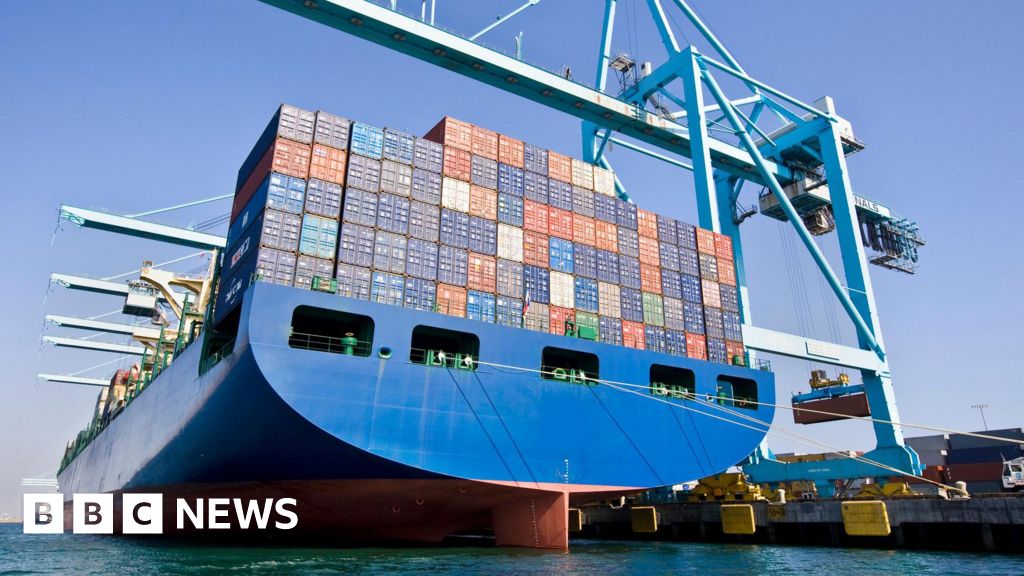ARTICLE AD BOX

 Getty Images
Getty Images
Water bills will go up by more than previously thought over the next five years, to fund higher costs and more investment, the BBC understands.
The regulator, Ofwat, is in the process of deciding how much customer bills will be allowed to rise.
In July, Ofwat provisionally agreed to allow bills to rise by 21% above inflation over the period 2025 to 2030.
But bills now look likely to rise more than that after Ofwat makes its final decision at the end of the year.
Later this week, the government will also announce plans that are expected to lead to the biggest overhaul of the water industry since privatisation in the late 1980s.
The aim is to protect customers from the impact of rising bills, while also finding funding for the huge investment that is required to deal with population growth, the impact of climate change and an ageing water infrastructure.
While the entire sector is facing challenges, the rises Ofwat proposed in July varied greatly from company to company.
The highest agreed rise, of 44%, was for Southern Water, and the lowest was a rise of 6% for Affinity Water.
Thames Water, the UK's largest water company, was given the go-ahead to raise bills 23% rise, but since then has said it will not survive if it cannot raise bills by 59%.
Thames shareholders refused to inject promised funds into the company earlier this year as they said it would be impossible to make any profit at proposed bill levels.
One of the reasons that Ofwat is considering permitting bigger bill increases is to reflect higher financing costs, the BBC understands.
On Wednesday a new independent commission with a high-profile chair will be announced to advise the government on a “proper reset” of the industry to improve performance and bring in new investment.
The commission's review will seek input from a wide pool of stakeholders including customers, environmental bodies, investors and engineers whose interests are not always aligned.
'Doom loop'
Customers have been furious at the scale of spills and pollution while investors have claimed the bills they have been allowed to charge are insufficient to attract the investment needed to fix the problems.
Some companies have been caught in what one executive described as a “doom loop” - with underperforming companies fined for sewage discharge and leaks leaving them with even less money to fix the very problems they have been fined for.
Investors have also been condemned for the dividends and executive pay they have paid out while pollution and leaks have risen.
In short, no-one is happy with the current set up.
The main regulator Ofwat is expected to welcome the plans to establish the new commission.
However, many see it as a reflection of widespread dissatisfaction with the way the industry has been regulated, with some claiming that Ofwat got the balance wrong between keeping customer bills low and encouraging investment.
The new commission is not expected to report back until after Ofwat has made its final decision on how much bills may rise by 2030.

 6 months ago
31
6 months ago
31








 English (US) ·
English (US) ·